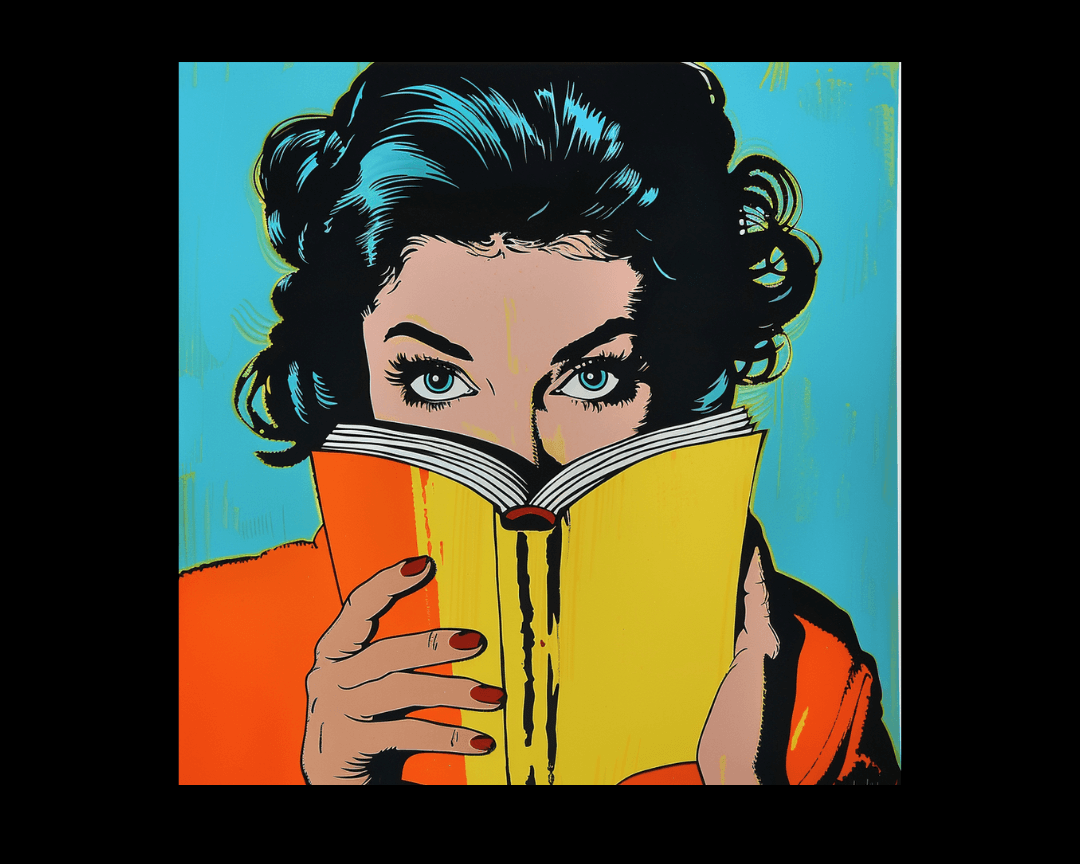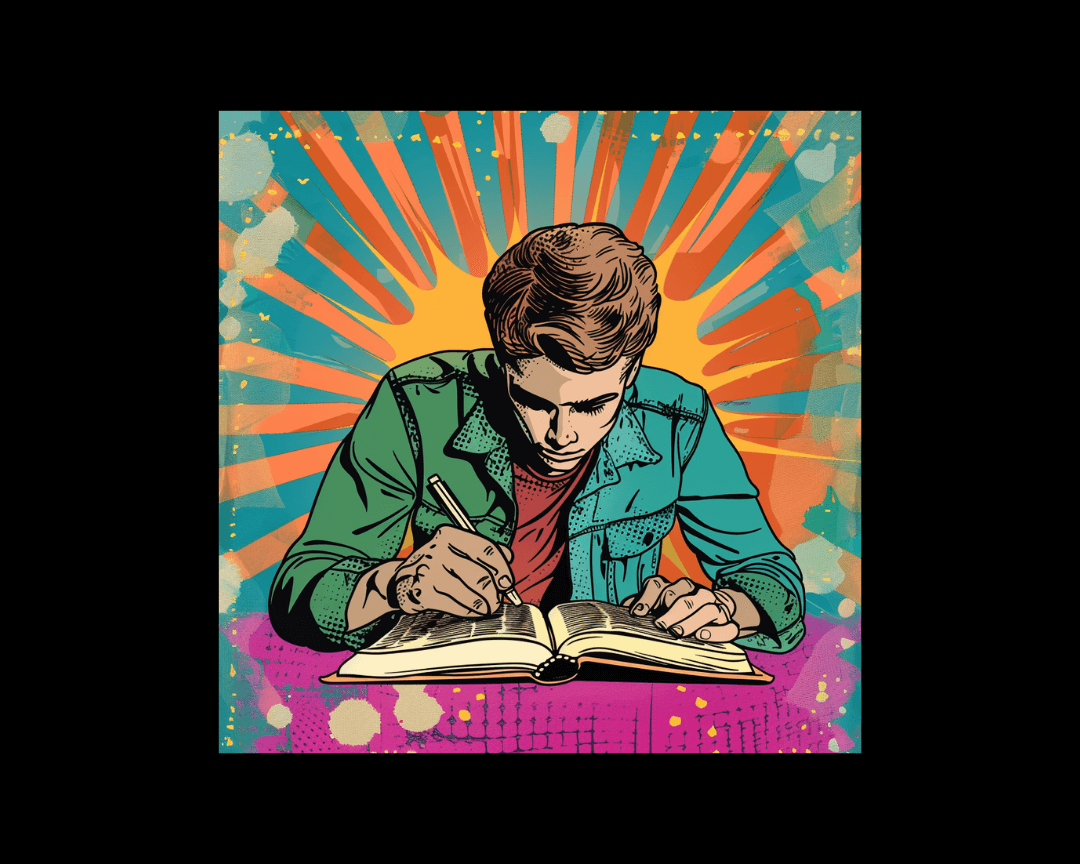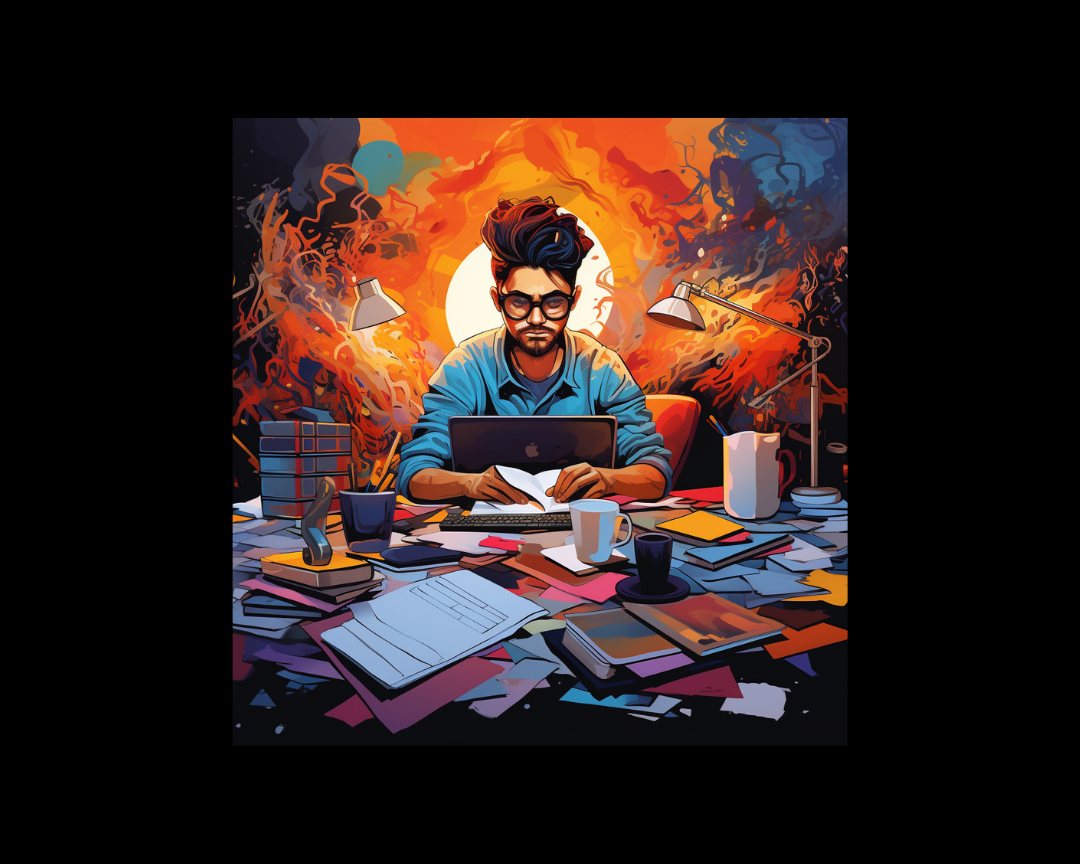7 Books About Creative Writing Every Aspiring Writer Should Read
They say the best writers are readers, and while there are endless learning opportunities to be gleaned from reading novels and poems, there’s no...
3 min read
 Writing Team
:
Mar 22, 2024 8:00:01 PM
Writing Team
:
Mar 22, 2024 8:00:01 PM

Making mistakes is an integral part of the writing journey. Each misstep presents an opportunity to learn and grow. A lot of writers make one crucial mistake: not reading more books. Reading is where you pick up new tricks of the trade. It’s how you learn to vary your writing or add new depths to your characters.
A great place to start reading is looking at banned books.
Reading banned books is crucial for writers as they provide exposure to diverse perspectives and challenge conventional thinking, ultimately inspiring growth and innovation in storytelling. Engaging with these narratives enables writers to understand the impact of censorship, study craft, and style, and advocate for intellectual freedom.
Read on to learn how reading more banned books can improve your writing.
According to the American Library Association (ALA), there was a 38% increase in the targeting of unique titles for censorship in 2022 compared to the previous year. Similarly, PEN America reports a 33% rise in bans on books for grades K-12 between the 2021-2022 and 2022-2023 school years. Although books by authors of color addressing race or featuring LGBTQ+ characters are frequently targeted, bans now extend to subjects like mental health, grief, and abuse—essential topics for both young people and adults to explore and understand.
You might wonder why this matters if your work hasn't been subject to bans. However, as writers, we must recognize that threats to freedom of expression affect us all. To quote Noam Chomsky, "If we don't believe in freedom of expression for people we despise, we don't believe in it at all."
Noam Chomsky put it best. He underscored the fundamental importance of safeguarding intellectual freedom and unrestricted access to diverse ideas and perspectives. In essence, censorship of any form of expression threatens the creative process and the free exchange of ideas, which is essential for a vibrant and democratic society.
To rectify the mistake of overlooking banned books, writers must first understand what constitutes a banned book and why they are challenged or banned. A book is challenged when an attempt is made to restrict or remove it based on objections from individuals or groups. A ban occurs when the material is removed from libraries or curricula, limiting access for others.
Books are challenged or banned for various reasons, often cited as protecting children from "explicit" or "offensive" content. Today, books centering on racism, sexuality, and gender identity are most vulnerable to bans, disproportionately affecting authors of color and LGBTQ+ writers. This trend undermines efforts for diversity and representation in literature, preventing marginalized voices from reaching readers who need them most.
Notably, young adult books are banned at a higher rate than adult books despite addressing critical themes like bullying, abuse, and mental health. Denying young readers access to these books deprives them of vital resources for navigating real-life challenges and fosters a sense of isolation.
Reading banned books broadens one's literary horizons. It empowers one to explore new ideas, challenge conventions, and contribute to the ongoing dialogue about freedom of expression and intellectual freedom.
Banned books often explore controversial or marginalized themes, offering insights into experiences and perspectives that may be unfamiliar to readers. Immersing yourself in these narratives can help you gain a deeper understanding of the human condition, diverse cultures, and social issues, which can enrich your own writing by adding depth and authenticity.
Banned books frequently challenge societal norms, conventions, and ideologies. Exposure to these alternative viewpoints can encourage you to question your assumptions and biases, fostering critical thinking and intellectual growth. As a writer, this broader perspective can inspire you to push boundaries, tackle taboo subjects, and craft narratives that provoke thought and spark meaningful conversations.
Banned books often delve into complex and nuanced themes such as censorship, oppression, identity, and freedom of expression. Studying how authors navigate these sensitive topics can provide valuable insights into effective storytelling techniques, character development, and narrative structure. It can also inspire you to tackle complex subjects in your writing with sensitivity, empathy, and depth.
Banned books are celebrated for their literary merit, innovative writing styles, and experimental techniques. Analyzing the works of banned authors can help you study their craft, language choices, and narrative techniques. This can help you expand your own writing toolkit, experiment with different styles, and hone your skills as a storyteller.
Banned books often endure censorship because they challenge the status quo and speak truth to power. Reading these books can instill a sense of courage, resilience, and determination in your writing journey. It reminds you of the importance of standing up for your beliefs, defending freedom of expression, and refusing to be silenced in the face of opposition.
By familiarizing themselves with banned books, writers can ensure their work contributes to a culture of inclusivity and understanding. As we navigate the complexities of the writing world, let us remember that our collective commitment to free expression strengthens the integrity of literature and enriches our society.
%20(1)-1.png)
They say the best writers are readers, and while there are endless learning opportunities to be gleaned from reading novels and poems, there’s no...

Attention all you writers, dreamers, and goal-chasers out there! Listen up because we're about to dive into the wonderful world of vision boards and...

As writers, we aspire to reach the “perfect” final draft for whichever project we have in mind. We want to produce works of art that take readers...